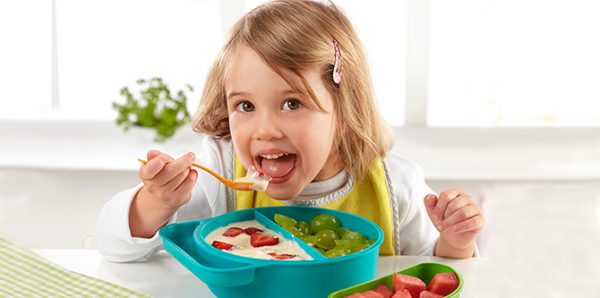4 Years Development – Self Care Skills
Self-Care skills are daily tasks done in order to be ready to perform the actions that will be needed in life (daily dressing, eating, cleaning teeth and other actions). Often these are referred to as activities of daily living. While these actions are mostly supported by their parents in young children, their children are expected to become independent in this regard as they get older.
Organization is about the ability to determine what actions you should take, when and how. Part of organization is understanding the necessities of action. Organization is an important skill required to perform daily routines, complete self-care acts and academic tasks.
Developmental Stage
- Develops awareness of the approval and disapproval of their behavior by their parents.
- Recognizes the dangers of materials such as hot objects, steps and glass.
- Can review a book by himself.
- Unlocks large buttons.
- Expresses his feelings.
- Consumes foods with different contents.
- Plays imaginary games.
- Distinguish and correctly name the differences between urination and defecation.
- He uses wipes to clean his face and hands.
- It simply feeds itself using a spoon or fork.
- He takes off his shoes and socks.
- The polluter enjoys/tolerates playing games.
- Knows where familiar objects are.
- He tries to brush his teeth.
- It feeds itself without difficulty.
- Recognizes different clothing patterns, seams and labels.
- It picks up and removes objects on its own.
- He uses wipes to clean his face and hands.
- It takes care of the need for a sink on its own.
- Knows where familiar objects are.
- He can put on and take off his clothes on his own (he can get help in cases such as laces, buttons and buckles in hard-to-reach places).
- Fix games with groups of 2 or 3 kids.
- He brushes his teeth by himself.
- Learns to wait in line.
- Gains the habit of sleeping at night or during the day
Possible Situations Encountered When It Doesn’t Progress
- May have difficulty socializing with peers.
- May experience delays in gaming skills.
- Due to lack of understanding and attention, he may try to learn by imitating others.
- May have difficulty following directions at home, daycare or kindergarten.
- May have trouble consuming foods with different ingredients (eg, being picky about food).
- He may have trouble concentrating.
- There may be difficulties with toilet training.
- She may have difficulty dressing and feeding.
- May have difficulty falling asleep and staying asleep through the night
